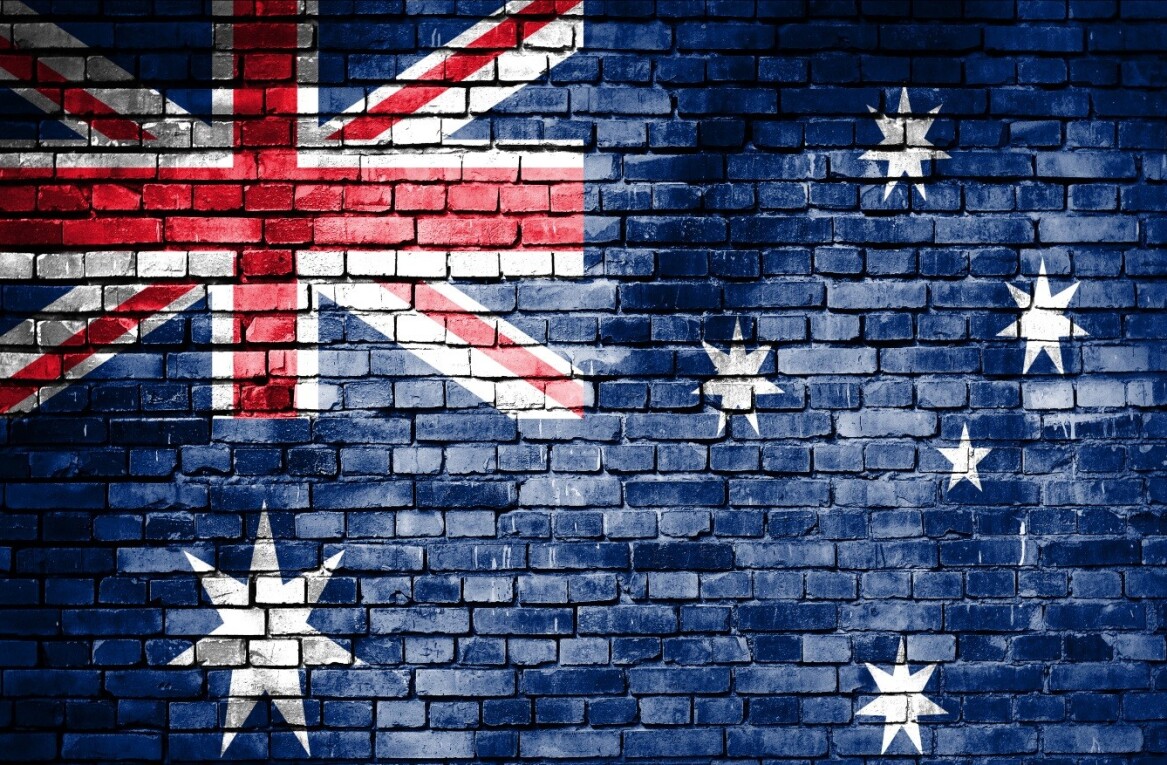
 An Australian state government is facing humiliation after passing a ridiculous law prohibiting the posting of anonymous comments about the upcoming state elections.
An Australian state government is facing humiliation after passing a ridiculous law prohibiting the posting of anonymous comments about the upcoming state elections.
After a campaign of outrage against the South Australian Government, driven by newspaper, Adelaide Now, and the blogosphere more generally, the state Attorney General, Michael Atkinson, last night issued a statement promising to repeal the law immediately after the election, making it apply retrospectively.
While Adelaide Now is calling this a victory for the voice of the people and the attorney general is claiming that he has listened to the electorate by deciding to repeal the law, I wonder if there aren’t larger forces at play here.
Australia doesn’t have a Bill of Rights protecting Freedom of Speech generally. It does have a constitution which is a blueprint for Government.
Interpretation of the Constitution by the HIgh Court provides the one type of “freedom of speech” guaranteed to Australians – the implied constitutional right to freedom of political communication
(actually it’s a negative right in that it’s a prohibition on the restriction of political communication, but that’s just the lawyer in me coming out – the net effect is the same)
The reasoning here is that representative government cannot function correctly without informed voters thus political speech must be protected from legislative restriction.
With that in mind, the question must be asked: Did Adelaide Now and the blogger-sphere force Micheals to state that he would repeal the law, or did a call from a constitutional lawyer (or even the Australian Attorney General, Robert McCelland) let Michaels know that the law was probably unconstitutional?
I suspect the latter.
That’s not to say that Adelaide Now and the bloggers of the world acted in vain. What they have done is brought attention, once again, to the fact that politicians in Australia are struggling to grasp the nature of the Internet as a communications medium.
In other words, despite the hyperbole, I don’t believe Australia is becoming the next China, Iran or any other extremist, restrictive political regime. I believe there is no evil intent behind this law or even the mandatory ISP filtering legislation. Rather, there’s an inability to grasp that controls that might have worked in a physical world no longer work in the new world, where the democratisation of information means that openness will always prevail, as a strategy, over being closed.
What’s needed now are politicians who understand how to work with that openness to fulfil their responsibilities to the electorate.
It’s that simple.
Get the TNW newsletter
Get the most important tech news in your inbox each week.



